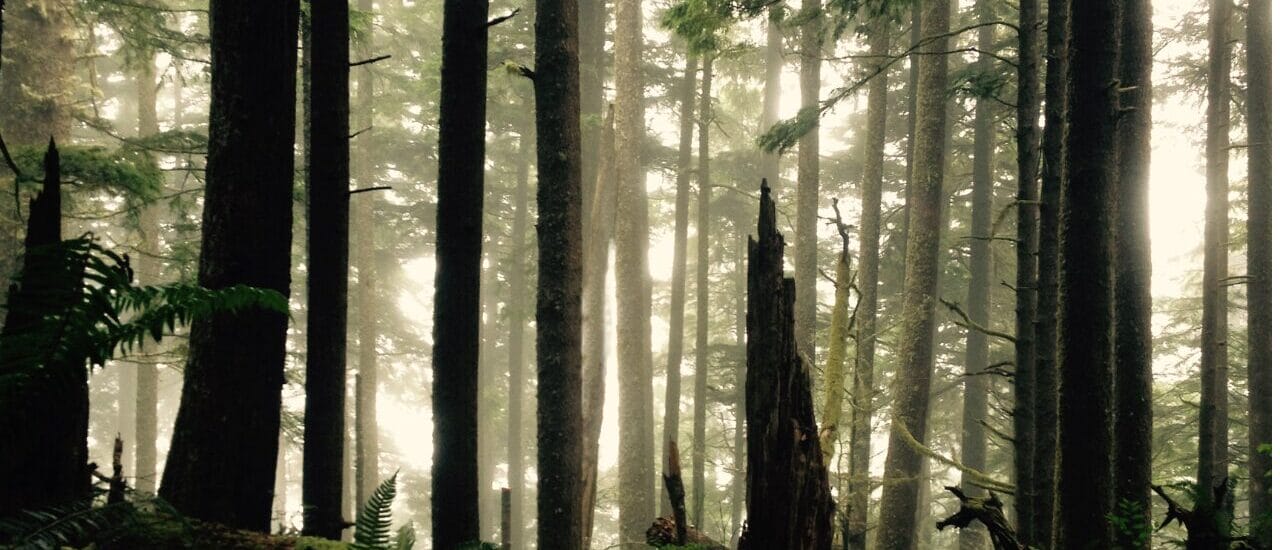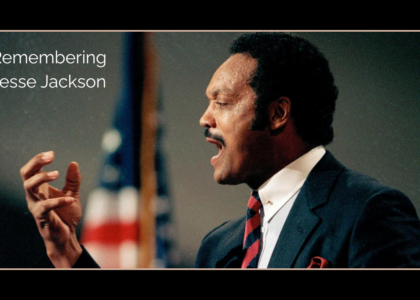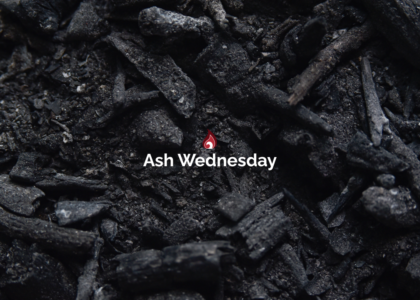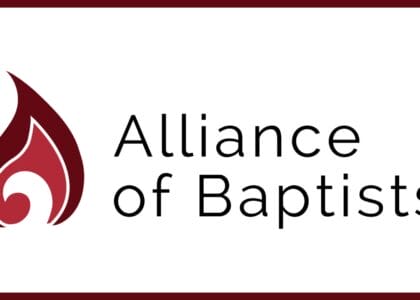by Kris Norris
“The beginning of the Good News of Jesus Christ.” Mark’s gospel begins in the wilderness: a voice cries out in the wilderness, John (the resident hippie of the Bible) appears in the wilderness, Jesus is cast out into the wilderness. What an unusual location for the good news to begin. Has anything good ever come from the wilderness?
This would have been scandalous to Mark’s Roman readers, who would have been used to such “good news” coming from the imperial palace of the Caesar, but this is not unusual for Jesus, a man who began his life surrounded by stable animals and shepherds, rode into Jerusalem on a donkey, and died affixed to a tree.
Like the Gospel of Mark, Jesus is humble and . . . earthy. In no other gospel is the humanity of Jesus so apparent; he fears, gets frustrated, curses a poor fig tree! He is material, shaped by his relationships . . . in touch with the earth around him. This is the good news, coming from the wilderness.
Mark’s repeated references to the wilderness serve an even deeper purpose. These references are of course an allusion to Isaiah’s vision of the prophetic voice calling out from the wilderness, but also to the Israelite journey in the wilderness in Exodus—Jesus has 40 days, Israel 40 years. Biblical scholar Pheme Perkins reminds us, “Moses, Elijah, and David all had to flee to the wilderness. Likewise, Jesus will emerge from the wilderness to begin preaching the good news and will return there several times. . . . Salvation comes from the wilderness.”
Jesus’ is sent to the wilderness for a period of temptation and preparation for ministry. The text says he was with the wild animals and the angels, who attended to him. While you could read the presence of these wild animals or wild beasts as threatening, furthering the conventional ominous sense of wilderness, some scholars think otherwise. By linking the presence of animals and angels, some biblical scholars suggest Mark may be picturing Christ in the wilderness as the antitype of Adam in the Garden. The enmity between humans and animals that comes as a consequence of Adam’s fall, as the one given dominion over the animals, is reversed in this image of Christ—offering a foretaste of Isaiah’s prophetic vision of wilderness transformed into paradise and all creatures living in harmony.
…if salvation comes from the wilderness, then that means the wilderness—the Earth and all that’s in it—is our teacher and preacher, the shaper of our salvation. If we will just sit, and listen, and learn.
I wrote part of this reflection sitting next to the water—not exactly the wilderness, but as close as I could reasonably get. A pair of bald eagles perched on a towering tree across the river, dragon flies accompanied me down the riverside, and a turtle popped up his head, curious, as I took a seat with my pad and pencil. Birds ascended and descended upon the water, not doves and not like the Spirit, though maybe a little like the Spirit, reminding all of creation that God is well pleased . . . that it is good. Night descended, revealing the constellations and Milky Way above, informing me of my smallness, yet belovedness. It was good news.
Mark’s gospel, and in many ways all of the Gospels—THE Gospel, the good news—is one of earthiness, one of mundanity. They remind us that Salvation comes from the mundane, the ordinary, the dirt of tired, calloused (yet beautiful) feet walking from town to town to spread the good news of liberation to the poor and oppressed; of fish guts and fierce storms and walking atop the water as Jesus turns disciples into friends; of blood and wood and rocky tombs as Empire tries to silence the voice of one who challenges its authority; of the simple elements of bread and wine that bring us hope of a new heaven and new Earth and challenge us to work for the flourishing of this one Earth that we have been given and all that live upon it.
If salvation, which I understand as a process of being continually drawn into the life of Christ and formed into a follower of the One who challenges the powerful and privileged and comforts and liberates the poor and the pressed, if salvation comes from the wilderness, then that means the wilderness—the Earth and all that’s in it—is our teacher and preacher, the shaper of our salvation. If we will just sit, and listen, and learn.
The patience of a river slowly flowing, gradually carving out space for itself against the hardened rock; of flowers that fade, wither, and disappear, only to reemerge in the fullness of new life each Spring. I once wrote of my dog, during the grueling days of grad school, teaching me through his curiosity to smell every plant and make friends with every person or canine encountered during our strolls around the block, to enjoy the world beyond my computer screen, to take pleasure in the unexpected encounter and new friend, to perceive the remarkable in the ordinary, and to allow myself the time to do so.
The scriptures reveal that God often uses the most surprising of natural means to show us the Way of the Lord: not only bushes and bones, but talkative donkeys and hungry whales, gentle lions and courageous lambs. Jesus foretold that the earthly elements would praise God should humans fail to do so, and Paul wrote of all creation groaning together under the weight of our fallenness. This link between humans and all of Creation in a mutual recognition of our earthliness and longing for something more—maybe this is another voice preparing the way of the Lord.
I am reminded of the story that womanist theologian Delores Williams writes of Hagar and Ishmael being cast out into the wilderness, like Jesus, by Abraham and Sarah in her book, Sisters in the Wilderness. She writes from the perspective of Black women who have long been doubly oppressed and demonstrates that when death seemed to be closing in for the mother and son, God made a way out of no way—a way for their survival and ultimate quality of life together in the desert by giving Hagar a “new vision to see survival resources [in the desert] where she saw none before.” Oppressed and neglected by a system of patriarchy and power; unseen and unheard by a people who would rather forget about them, God made a way and told them, “I am well pleased with you.” Their good news came from the most unlikely source—salvation came from the wilderness.
“The beginning of the good news…”God is at hand, perhaps in the most mundane, most earthy, most unlikely place, to make a way, to show us beauty, to draw us closer, to tell all of creation that it is good. Amen.

Kristopher Norris is an ordained Baptist minister focused on political ecclesiology, including such topics as church democracy, just war, pacifism, and the work of theologians like John Howard Yoder and Dietrich Bonhoeffer. After receiving his PhD at the University of Virginia, he was a Program Consultant for the Center for Public Theology at Wesley Theological Seminary. He is currently a director at The Shalom Project, a grassroots organization in Winston-Salem North Carolina that develops innovative, wellness-based pathways for low-income individuals to achieve financial self sufficiency and serves on the board of the Alliance of Baptists as vice president.





Recent Comments